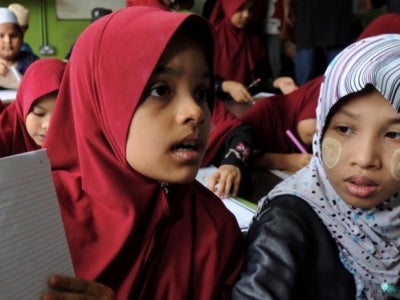The GEF is a country-driven organization that was founded on the principles of collaboration and partnership. During its early years, countries implemented activities with the support of three agencies – the World Bank, the United Nations Development Programme (UNDP), and the United Nations Environment Programme (UNEP).
Since then, the partnership has evolved to include 186 countries and 18 agencies as well as civil society organizations, Indigenous Peoples, and the private sector.
Countries
The GEF has 186 member countries. They are represented on the GEF Council by 32 constituencies (14 for developed countries, 16 for developing countries, and two for economies in transition) each one having a Council Member and an Alternate Council Member. Both developed and developing countries are or have been donors to the GEF Trust Fund. Since its inception the GEF has received contributions from 40 donor countries. Developing countries and countries with economies in transition are also recipients of GEF support.
Conventions
The GEF provides funding to assist developing countries in meeting the objectives of international environmental conventions. The five conventions, for which the GEF serves as financial mechanism, provide broad strategic guidance to the two governing bodies of the GEF: the Council and the Assembly. The GEF Council converts this broad guidance into operational criteria (guidelines) for projects.
Agencies
GEF agencies create project proposals and then manage these projects on the ground. In so doing, they help eligible governments and non-governmental organizations to develop, implement, and execute their projects. Often, the agencies work together on GEF projects, pooling expertise. Not only does this allow a more holistic approach to programming, it also reinforces the individual agency's efforts to mainstream or incorporate global environment concerns into its internal policies, programs and projects.
Civil Society Organizations
Since its inception, the GEF has recognized the role that civil society plays in safeguarding the global environment. The diversity of organizations which have been steadily and increasingly participating in GEF activities include non-state actors, including not-for-profit and non-governmental organizations (NGOs), farmers, women, the scientific and technological community, youth, and children, Indigenous Peoples and their communities, business and industry, workers and trade unions.
Private Sector
The GEF has a long history of engaging business and catalyzing private sector investment. In order to bring transformational change to the global environment, the public and private sectors must identify new ways of working together. Building on this experience, the GEF is moving towards a more holistic approach that will mainstream private sector engagement across GEF focal area strategies and integrated approach pilots.





